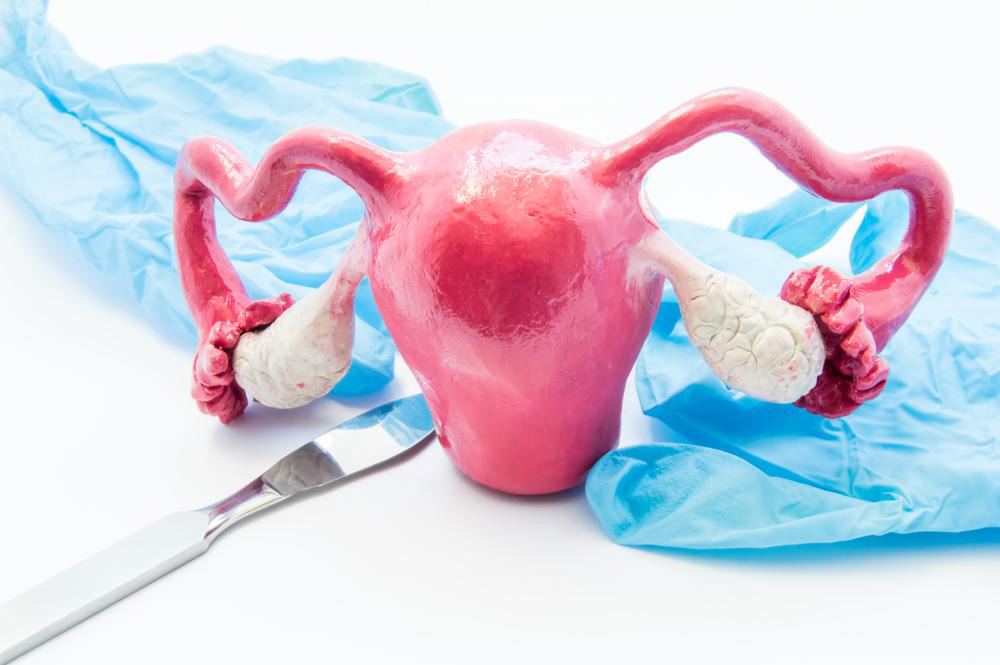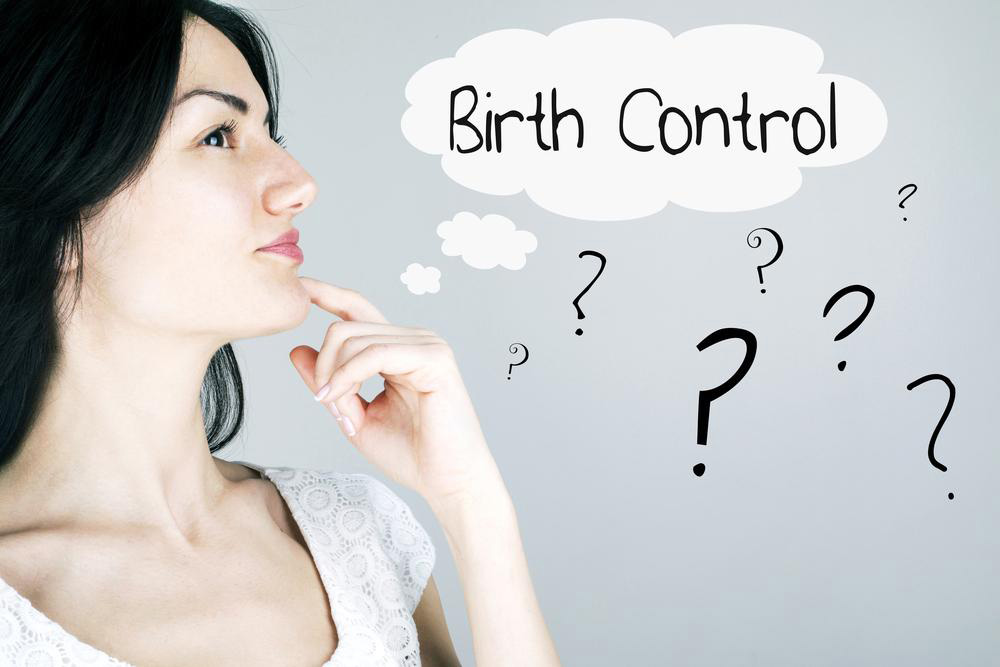Comprehensive Guide to Speeding Up Your Conception Process
This comprehensive guide offers proven strategies to boost fertility and accelerate conception. Key tips include stopping contraception, understanding ovulation, quitting smoking, maintaining a healthy diet, and managing stress. Expert advice aims to help couples conceive faster and maintain a healthy pregnancy journey, emphasizing lifestyle changes and medical guidance for optimal reproductive health.

Effective and Proven Strategies to Increase Your Chances of Getting Pregnant Faster
Embarking on the journey to start a family is an exciting milestone, but it requires careful planning and understanding of the factors that influence fertility. Whether you're actively trying to conceive or just beginning to consider pregnancy, knowing how to optimize your body’s reproductive functions can greatly enhance your chances of conception. This extensive guide provides detailed insights into proven methods and lifestyle modifications to help you achieve pregnancy more quickly and healthily.
Stop Using Contraceptives
The initial step is to cease the use of any contraceptive methods, including birth control pills, patches, or hormonal IUDs. This allows your reproductive system to return to its natural cycle. After stopping hormonal birth control, it may take a few cycles for your periods to become regular again. If you’ve used a non-hormonal IUD, consult your healthcare provider for removal procedures. Resuming ovulation is vital for conception; hence, planning your removal at the right time can streamline your journey to pregnancy.
Prior to trying to conceive, schedule a comprehensive health check-up with your doctor. Screening for infections, STDs, or underlying health issues is critical since these can impact fertility. Your healthcare provider might recommend prenatal vitamins such as folic acid, which is essential for reducing neural tube defects and supporting early fetal development. Ensuring optimal health before pregnancy increases the likelihood of a smooth conception process and healthy pregnancy.
Master Your Ovulation Timing
Understanding your ovulation window is indispensable for maximizing fertility. Ovulation generally occurs around the 14th day of a typical 28-day menstrual cycle, counting from the first day of your period. Nonetheless, cycle lengths can vary due to lifestyle, health, or stress factors. Use tools such as ovulation predictor kits, basal body temperature tracking, or monitor cervical mucus to identify your most fertile days. Timing intercourse during this fertile window significantly improves the probability of conception.
Quit Smoking
Smoking has a detrimental effect on reproductive health in both genders. It impacts egg quality, sperm motility, and overall fertility. Quitting smoking can lead to a remarkable improvement in reproductive outcomes and enhance your overall health. Seek support groups, cessation programs, or medical assistance if needed to successfully eliminate this habit, thereby boosting your likelihood of conceiving.
Monitor and Moderate Caffeine and Alcohol Intake
High levels of caffeine and alcohol consumption have been linked to decreased fertility in men and women. Limiting caffeine intake to less than 200 mg per day (roughly one 12-ounce cup of coffee) and avoiding alcohol altogether when attempting conception can be beneficial. Once pregnant, abstaining from alcohol is crucial for fetal health, and maintaining moderate caffeine intake remains advisable to reduce any risks to pregnancy outcomes.
Follow a Nutritious, Balanced Diet
A well-rounded diet that emphasizes fresh fruits, vegetables, lean proteins, whole grains, and healthy fats provides essential nutrients for reproductive health. Achieving or maintaining a healthy weight through diet can significantly influence fertility, especially for overweight individuals. If weight reduction is necessary, a gradual loss under medical supervision can enhance ovulatory function and improve conception chances.
Engage in Regular and Moderate Physical Activity
Exercise routines such as brisk walking, swimming, cycling, and yoga support overall health and hormonal balance. Regular physical activity helps reduce stress, regulate weight, and improve blood circulation, all of which are beneficial for fertility. But avoid excessive exercise, which can have the opposite effect, disrupting hormonal cycles and reducing fertility odds.
Manage Stress and Practice Patience
Stress is a common barrier to conception, as it can alter hormonal levels and ovulation patterns. Engage in stress-relieving activities like meditation, deep breathing exercises, or hobbies you enjoy. Keeping a positive mindset and maintaining a relaxed attitude can make the journey to conception less stressful. Remember, conception can take up to a year for many couples, so patience and perseverance are essential components of a successful fertility journey.
In conclusion, increasing your chances of conception involves a combination of lifestyle adjustments, medical guidance, and emotional well-being. By taking proactive steps such as stopping contraception, identifying your ovulation window, avoiding harmful habits like smoking, and maintaining a healthy diet and stress management, you can greatly improve your fertility prospects. If you encounter difficulties, do not hesitate to consult a fertility specialist who can offer personalized advice and treatment options to help you realize your dream of parenthood.





